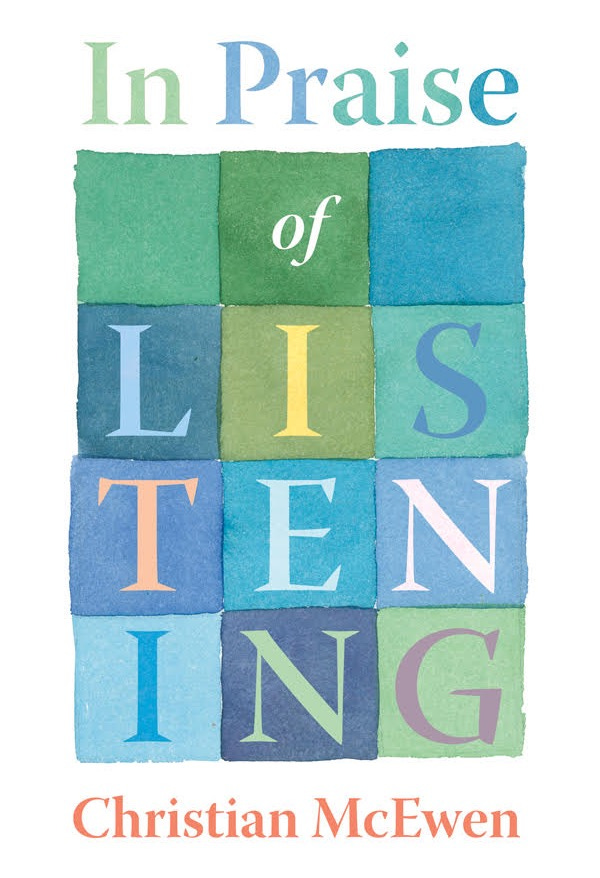As a Brit living in these disunited States, I’ve grown used to the private clash of vocabularies inside my head. Almost always, the American term wins out: truck not lorry; sidewalk not pavement; vest not waistcoat; sweater not jersey or jumper. But there are other, less familiar words as well, several of which I’d like to resurrect. How about daunder for stroll or saunter; swither for pause or vacillate, flist for explode with a sharp hiss or puff, or, by extension, a flash of lightning?
“Losing a Language” by W.S. Merwin (1927-2019) A breath leaves the sentences and does not come back yet the old still remember something that they could say but they know now that such things are no longer believed and the young have fewer words many of the things the words were about no longer exist the noun for standing in mist by a haunted tree the verb for I the children will not repeat the phrases their parents speak somebody has persuaded them that it is better to say everything differently so that they can be admired somewhere farther and farther away where nothing that is here is known we have little to say to each other we are wrong and dark in the eyes of the new owners the radio is incomprehensible the day is glass when there is a voice at the door it is foreign everywhere instead of a name there is a lie nobody has seen it happening nobody remembers this is what the words were made to prophesy here are the extinct feathers here is the rain we saw
“The Small Country” by Ellen Bass (b.1947) Unique, I think, is the Scottish tartle, that hesitation when introducing someone whose name you’ve forgotten And what could capture cafuné, the Brazilian Portuguese way to say running your fingers, tenderly, through someone’s hair? Is there a term in any tongue for choosing to be happy? And where is speech for the block of ice we pack in the sawdust of our hearts? What appellation approaches the smell of apricots thickening the air when you boil jam in early summer? What words reach the way I touched you last night— as though I had never known a woman—an explorer, wholly curious to discover each particular fold and hollow, without guide, not even the mirror of my own body. Last night you told me you liked my eyebrows. You said you never really noticed them before. What is the word that fuses this freshness with the pity of having missed it. And how even touch itself cannot mean the same to both of us, even in this small country of our bed, even in this language with only two native speakers. Each culture—each human language—has its own vocabulary. Azul is not precisely equivalent to blue, or rouge to red. And then there are the words which simply don’t exist in English. Turning the pages of Howard Reinhold’s They Have a Word for It, I stumble on the following treasures: aware (Japanese): the feeling engendered by ephemeral beauty ngarong (Borneo): a secret helper who appears in a dream sabsung (Thai): to slake an emotional or spiritual thirst, to be revitalized tjotjog (Javanese): harmonious congruence in human affairs
What words or phrases might you invent? And are there some you once knew which have since become extinct? Might you be be able to reclaim them?
To purchase In Praise of Listening as an audiobook via the link:
(Also available wherever audiobooks are sold.)
To purchase In Praise of Listening or any other of Christian’s books:





oh I love this, here in dark midwinter, meeting new words...and some beloved ones nearly lost to me, from the UK. And what poems, dear Christian, what poems!!